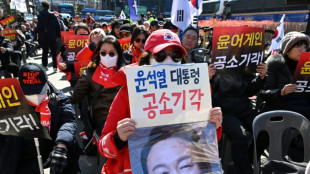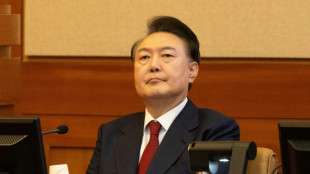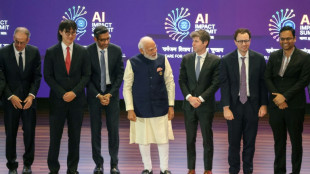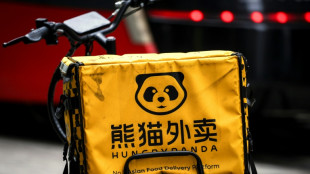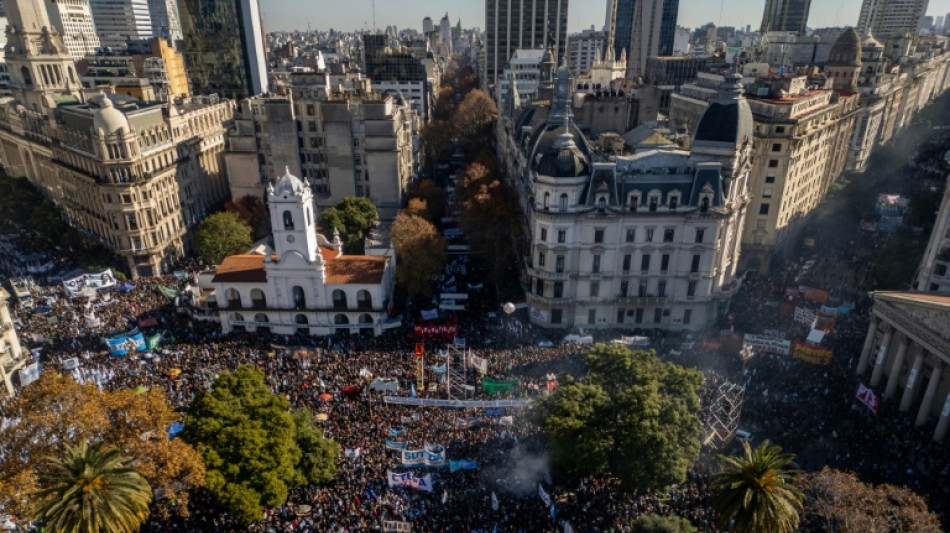

'Argentina with Cristina': Thousands rally for convicted ex-president
Tens of thousands of Argentines took to the streets Wednesday in support of former president Cristina Kirchner, who vowed to make a comeback as she serves a six-year fraud sentence under house arrest.
In a recorded speech played for supporters amassed on Buenos Aires's Plaza de Mayo square, Kirchner said: "We will be back with more wisdom, more unity, more strength."
Backers of the polarizing leftist massed on the square and spilled into surrounding streets for a demonstration called by the 72-year-old's Justicialist Party.
Under the slogan "Argentina with Cristina," protesters sang and beat drums, waving national flags and banners with messages such as "The motherland is not for sale."
"We came because it's an attack on democracy to outlaw someone like Cristina who the people want to vote for," Rocio Gavino, a 29-year-old public employee, told AFP.
Kirchner supporters had been holding a vigil outside her home in Buenos Aires since the Supreme Court last week upheld her conviction and sentence for "fraudulent administration" while president, along with a lifelong ban on her holding public office.
On Tuesday, a court ruled she could serve her sentence at home under electronic surveillance.
She will be allowed limited visits, principally from family members, lawyers and doctors.
In 2022, Kirchner's conviction sparked demonstrations in several cities, some of which ended in clashes with police.
- 'Justice. End.' -
Kirchner rose to prominence as one half of a political power couple with her late husband Nestor Kirchner, who preceded her as president.
Both are associated with the center-left Peronist movement founded by post-war president Juan Peron.
After two terms at the helm herself between 2007 and 2015, Kirchner served as vice president from 2019 to 2023 in the last center-left administration before the presidency of libertarian Javier Milei, whose austerity policies she has criticized.
Milei had welcomed the court's dismissal of her appeal, writing on X: "Justice. End."
Kirchner and her backers claim the case was a plot to end her career and unravel her legacy of protectionist economics and social programs.
"We are here because the national government, together with the judiciary, made the decision to ban Cristina from elections," protester Federico Mochi, a Peronist youth leader, told AFP.
Lara Goyburu, a political scientist from the University of Buenos Aires, told AFP that Wednesday's protest "demonstrates that the broader Peronist movement still retains some capacity for street mobilization" in a time of deep political polarization.
- 'Harassment' -
In preparation for the protests, police set up checkpoints on major roads to the capital, searching cars and buses -- much to the annoyance of citizens.
Under a special protocol adopted Tuesday, they also erected barriers at the main train station and performed identity checks on anyone carrying pro-Kirchner placards or other political paraphernalia.
The protocol allows police to detain any citizen without an ID document for up to 10 hours without a court order.
"It's harassment that makes no sense," Daniel Catalano, a leader of the state workers' union, told Radio El Destape.
Correpi, an NGO fighting police repression, said the measures amounted to the "destruction of the country's democratic freedoms."
Presidential spokesperson Manuel Adorni defended the operation.
"When you detect there might be some additional danger to society, you try to neutralize it. And that doesn't go against the Constitution or the rule of law," he told reporters.
H.Giordano--IM
